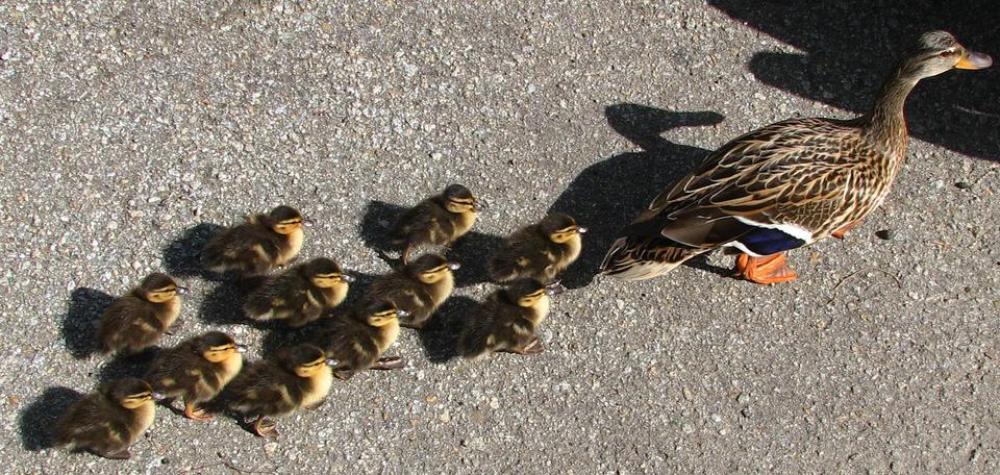
I would highlight as a turning point for the importance of landscape, and the environment in ancient history narratives, the publication in 2000 of Horden and Purcell’s The Corrupting Sea. The impact, for example, of landscape surveys on our understanding of ancient material culture has been tremendous, and grows yearly with new archaeological fieldwork taking place. In this respect, ancient historians are probably slightly late in adopting developments that have a longer trajectory in the field of Classical Archaeology. One of the most important recent developments in the field of Ancient History in recent years is the increasing attention paid to the role of the landscape as an important factor shaping human experiences, activities, and culture. But what about the rest of the Greek world, or the often neglected constituent element of the polis, that is, its landscape? This is partly due to the nature of our written evidence for the classical period, which overwhelmingly originates from Athens or addresses the history of that city. In that, the ancient polis, and especially Athens, has been accorded a central place in our historical narratives.

Indeed, if one looks at the syllabi of modules addressing the history of the Greek world in the archaic and classical periods in UK universities (of which I am more familiar), they will see a focus on the history of the polis, with particular emphasis on the history of a handful of poleis, especially classical Athens.

This focus on the Greek polis has important repercussions for how we understand the Greek world, how we write the history of the Greek world, and how we teach this history in our institutions. A Greek polis, or city-state, was understood as a community of people (adult male citizens) that exercised sovereignty over a specific territory. The history of the archaic and classical Greek world (8th–4th century BCE) has been traditionally seen as the history of a specific state formation: that of the polis. Hunting in the eschatia was opportunistic, required minimum effort in terms of crossing distances, allowed access to game that could be profitable in the market, and made the transport of game easier to manage. The ‘un-central’ landscape of the eschatia appears to be an important locus for hunting practices, and therefore, a productive landscape. Rather than talking about the role of hunting in rites of passage, I would like to explore the relationships of different social classes to hunting (which is understood here to include all forms of capturing animals on land, including trapping and snaring). Hunting has attracted scholarly attention, mostly as a result of the role that hunting narratives play in Greek mythology, and the importance of hunting scenes in Greek art. It is part of a bigger project on the social history of hunting in archaic and classical Greece, where emphasis is placed on the economic and dietary contribution of hunting for Greek communities.

This paper explores the place of ancient Greek hunting within the Greek landscape and environment, with particular reference to the eschatia, the marginal, uncultivated (or marginally cultivated) land.


 0 kommentar(er)
0 kommentar(er)
